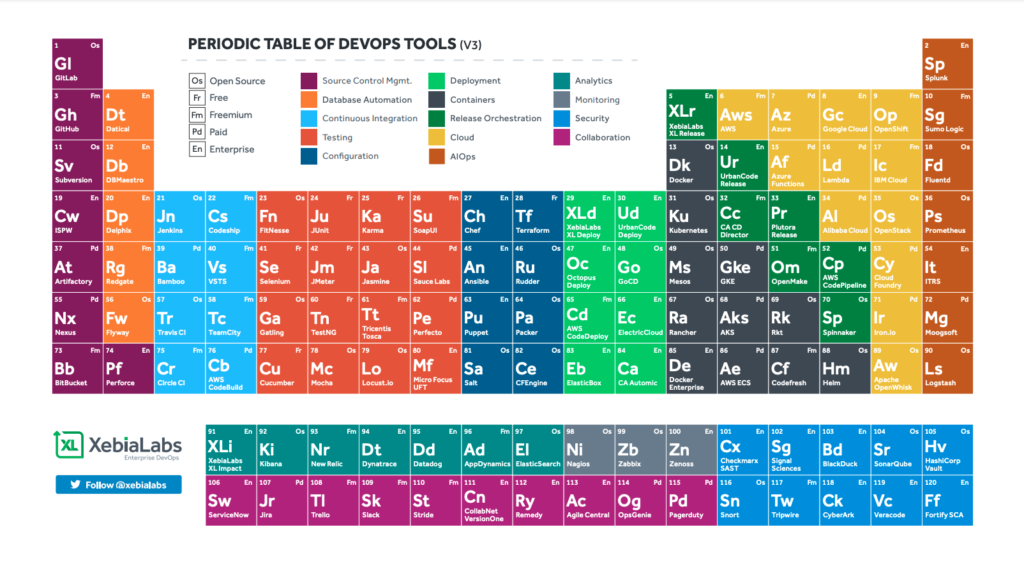DevOps Toolsets
DevOps is a software development methodology that focuses on collaboration, communication, and integration between software developers and IT professionals. DevOps toolsets help organizations streamline their DevOps processes by providing a platform for developers and IT professionals to collaborate, automate, and monitor the software development lifecycle.
There are many DevOps toolsets available in the market, each designed to address specific needs and requirements of organizations. These tools can help organizations automate their software development processes, reduce errors, and improve the quality of their software applications.
Source Code Management (SCM) Tools
SCM tools are used to manage source code repositories, track changes made to the code, and enable collaboration between developers. These tools help developers to work together effectively, ensure that the code is up-to-date, and keep track of changes that are made. Examples of popular SCM tools include Git, SVN, and Mercurial.
Continuous Integration (CI) Tools
CI tools help automate the build and testing of software applications. They enable developers to detect and fix issues early in the development cycle. These tools allow developers to work faster, while also ensuring that the software they produce is of high quality. Examples of popular CI tools include Jenkins, Travis CI, and CircleCI.
Continuous Delivery (CD) Tools
CD tools help automate the deployment of software applications to production environments. They enable organizations to release software updates quickly and efficiently. These tools allow organizations to deliver software to their customers quickly, while also ensuring that the software is of high quality. Examples of popular CD tools include Ansible, Puppet, and Chef.
Containerization Tools
Containerization tools help developers package their applications and dependencies into containers. Containers are lightweight and portable, making it easy to deploy applications across different environments. These tools allow developers to focus on writing code, rather than worrying about the underlying infrastructure. Examples of popular containerization tools include Docker and Kubernetes.
Monitoring Tools
Monitoring tools help IT professionals monitor the performance and availability of software applications. They enable organizations to detect and resolve issues quickly. These tools allow organizations to ensure that their software applications are available and performing well, while also identifying and addressing issues as soon as they occur. Examples of popular monitoring tools include Nagios, Zabbix, and Prometheus.
DevOps toolsets play a critical role in streamlining the software development lifecycle. They provide a platform for developers and IT professionals to collaborate, automate, and monitor the development process. By leveraging the right DevOps toolsets, organizations can improve their software development processes, reduce errors, and deliver high-quality software applications to their customers. As the field of DevOps continues to evolve, it is likely that new tools will emerge to address the changing needs of organizations. It is important for organizations to stay up-to-date with the latest DevOps tools and technologies in order to stay competitive in today’s fast-paced software development landscape.

